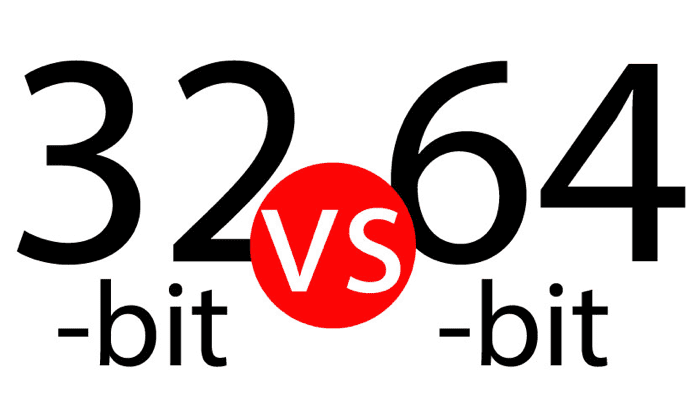
Hello friends, this time I would like to show you how to install a library to run 32-bit programs on a 64-bit system if you are wondering what it would be useful for in XAMPP. Which asks us for a library to run on a 64-bit system. Well, get to work.
The only thing we will have to do is insert the following codes in the Terminal.
su
Put your password
yum -y install glibc.i686
For Debian i got these codes.
sudo apt-get install ia32-libs
And ready with that would be everything. Luck!
well actually missing too
sudo dpkg --add-architecture i386
Add the entire 32-bit repo and voila, you can run any 32-bit application on a 64-bit kernel.
[alert] 32-bit applications cannot coexist with 64-bit ones, therefore trying to install one will uninstall the other [/ alert]
The latter is not a problem because we are only going to use a certain group of applications such as winmodems drivers that only run for 32 bits, etc. In this case, it is necessary to install the 32-bit kernel headers that do coexist with the 64-bit ones.
It gives me no. Dpkg is only compatible with Debian and derivatives.
Before selling the motorcycle and deceiving the staff, we need to inform ourselves a little more.
If you had read something other than the title, you would see that it says, verbatim:
«For Debian I got these codes.
sudo apt-get install ia32-libs »
Which is precisely what BishopWolf is referring to above.
The same should apply to your own story.
I think I had to specify that I use Debian and my previous comment was intended for Debian and derivative users. Well I think they already responded to this
In my case it has been easier, I just install the 32-bit version and yum resolves the dependencies automatically (including the 32-bit libraries)
Greetings.
Yes, but, you will only have a x86 [32Bits] system, the point would be, to have a x64 base and then run 32-bit apps. You could have a 32Bits maybe with Kernel PAE for more HW recognition in case you have a modern PC.
In general, as far as I understand x64 offers greater potential than 32Bits and correct me if I'm wrong!
PS: MRGERSON, Thanks for the tip!
Proper, will you stay in F17 until they finish supporting it or don't you like the new version, now F18?
Regards!
Yes, it is greater potential, potential that only serves you if you handle big data (gaming, servers, graphic design, etc.), if you are only going to be browsing, doing programming work, posting on desdelinux, etc., 32 is enough, and you save a lot of energy consumption and that has an impact on the battery life of a laptop.
The architecture by logic I know that the duration of the battery depends like this since the higher the consumption, the more load for the PC, but, personally I have used both architectures and in my personal criteria the battery lasts much less time than using Windows, and That, in Windows I walk with the LED light to full more playing some games to AEO II and others and I feel that the battery lasts longer than using Linux.
Yes, in general I use linux or both systems for the field of programming and others ..
Regards!
Kernel regressions in terms of battery life are quite frequent in Linux and to our misfortune it seems that they are not given the importance that they should. I remember that the first notable regression was reported in kernel 2.6.38 if I remember correctly and it was fixed -in theory- in version 3.2! but with each new version I have noticed how my battery lasts less. I don't even care about it anymore, since I usually use it every coming of Christ. And it is not only the battery, it is also common to observe higher temperatures in processors, disks and graphics, with the repercussions that they can have on our computers.
As a non-technical user on foot, the only thing I can contribute are bug reports… .with the hope - not so high - that they will be solved. It's what the penguin system has.
st0rmt4il, I will stay until support ends but just lazy, I have not tested version 18.
Hehehe .. Laa Vagagana xD !.
LOL .. According to you man, hopefully and for the new F19 fix and make the installer more enjoyable .. For the rest I see it well 😀
Regards!
Do not discriminate against us arch:]
pacman -S glibc
"For Debian I got these codes."
What did you get those codes !?
Tell me, the "codes" you got are to register the full OS or to have infinite lives in the little game?
HAHAHAHAJAJAJAJAJAJAJAJAJAJAJAJAJAJAJAJAJAJAAJJAAJA XDD